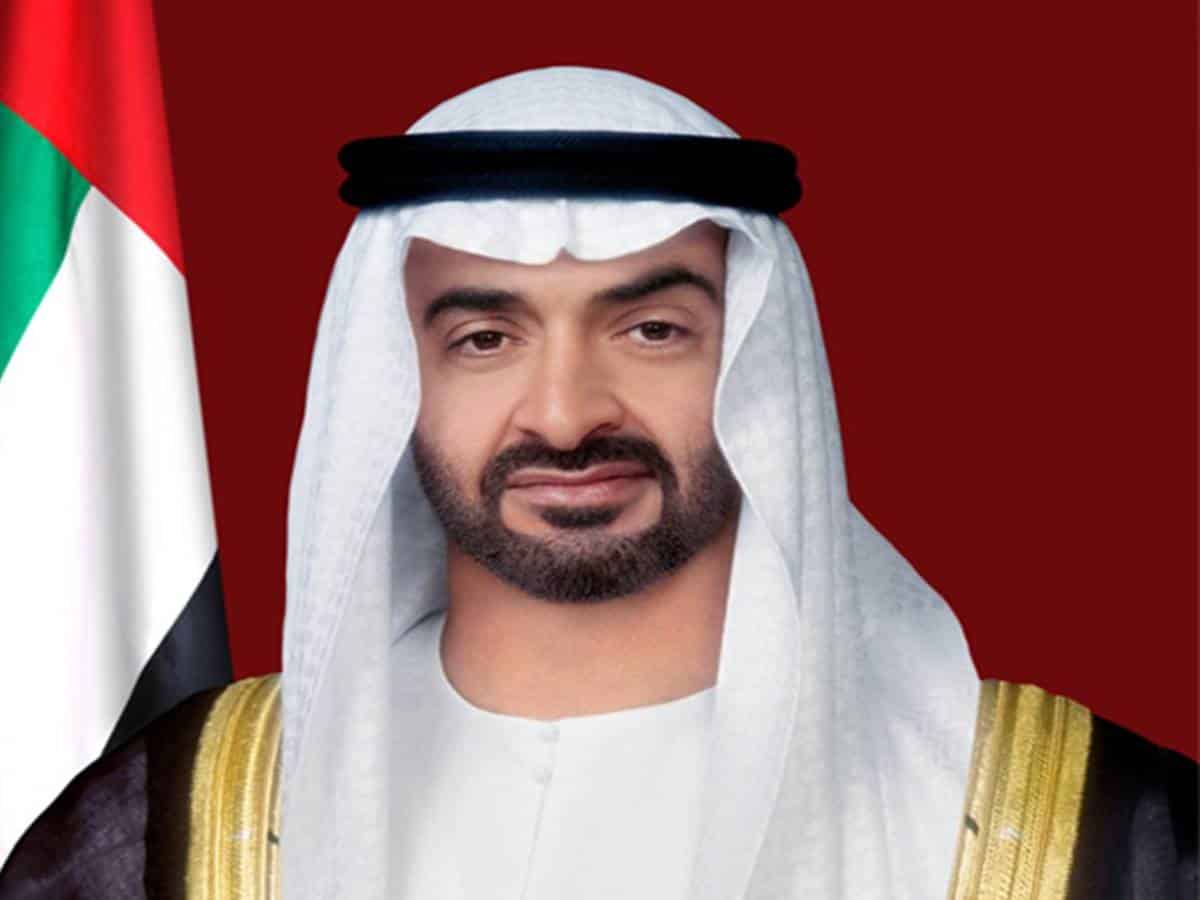Nicosia: In the last 18 months or so the United Arab Emirates has taken bold steps and changed its foreign policy towards countries with which it used to have bad, almost hostile, relations and, what is more, it now seeks to become one of the most important players in the region and assume the role of peacemaker.
In recent years the UAE has intervened in several wars, taking on Iran’s regional paramilitary partners in countries like Yemen, Syria, and Iraq, in parallel to its campaign against the Muslim Brotherhood.
Now, the UAE has normalized relations with Israel and is on the road to restoring good relations with the Syrian government of Bashar Al Assad and the Turkish government of Recep Tayyip Erdogan.
Moreover, the UAE has healed a political rift with Qatar, which lasted for many years, and is making efforts to bring back the Syrian regime of President Bashar al-Assad into the Arab fold and end its decade-long diplomatic isolation. Additionally, it made a series of diplomatic overtures to its regional nemesis, Iran.
UAE’s normalization of relations with Israel was led by Jared Kushner during the presidency of former US President Donald Trump, in the context of the Abraham Accords. As contact between Arab states and Israel was long considered a taboo in the Arab world, this was a bold move on the part of the UAE, which also prevented the right-wing Prime Minister of Israel Benjamin Netanyahu from declaring sovereignty over a large part of the occupied West Bank.
Israel and the UAE have already opened embassies, exchanged political visits, and signed an agreement for economic and commercial cooperation. Last November the UAE, Bahrain, and Israel even carried out joint military maneuvers in the Red Sea.
Under a declaration of intent signed recently, the UAE will build a giant solar plant in Jordan that will supply electricity to Israel, and in exchange, Israel will supply 200 million tons of water to Jordan which is facing an acute water shortage.
Relations between the UAE and Turkey during the rule of Recep Tayyip Erdogan were never good, mainly due to Erdogan’s open support for the Muslim Brotherhood and political Islam, which were anathema for the UAE.
These relations took a turn for the worst in 2016 when Ankara started accusing the Emirati leadership and in particular the Crown Prince, Sheikh Mohammed bin Zayed of financing the failed coup attempt in July 2016, and held him responsible for the killing of 251 Turks who were shot dead by the coup soldiers.
Although the UAE remains suspicious of Turkey and its allies, it decided to make a move to improve relations with Ankara. So, Abu Dhabi Crown Prince Sheikh Mohammed bin Zayed paid his first official visit to Turkey in nearly 10 years and on 24 November had a meeting with Erdogan.
A few hours later, the UAE announced a $10 billion investment fund in multiple sectors of the Turkish economy, including energy, climate change and trade. It was a much-needed injection for the Turkish economy, which is in dire straits, at a time when the Turkish lira has lost almost 40% of its value.
It is believed that in exchange, the UAE will seek concessions from Ankara on several regional flashpoints, such as Libya, where the UAE and Turkey support different factions, something that could change the situation on the ground.
To be able to play a meaningful role as a regional power it was thought necessary for the UAE to increase its military strength. So, it was not surprising that last week it signed an agreement with France, during French PresidentEmmanuel Macron’svisit in Dubai, to buy 80 Rafale fighters and12 Airbus-built combat helicopters jets from France at reported cost of 18 billion dollars. Dassault Aviation said the Rafale will give the UAE “a tool capable of guaranteeing sovereignty and operational independence.”
To prevent any misunderstanding or ill-feeling on the part of the United States, the Commander of the Air Force of the Emirates, Ibrahim Nasser Al Alawi, said: “The signed contract with France is not a substitute for the US F-35 ongoing discussions.
The big question that needs to be asked is why the UAE, which this year is celebrating the 50th anniversary of its establishment, felt compelled to change its foreign policy, and now wants to be seen as the region’s chief peacemaker?
Undoubtedly, the first two main reasons for changing the Emirati mindset were Washinton’s strategic decision, following the election of Joe Biden in the White House, to reduce its engagement in the Middle East and the signing of the Abraham Accords between the UAE and Israel on September 15, 2020.
Washington’s decision to reduce the US military footprint in the Middle East region, quite possibly led the UAE to realise that the countries of the region are called upon more than ever, multilaterally and bilaterally, to reduce tensions and enhance regional stability.
Furthermore, the UAE sees the Abraham Accords as a new approach to conflicts in the Middle East based on dialogue and building on mutual interests and prosperity.
The third basic reason for the UAE foreign policy shift is the realization that nobody in the Middle East has gained much from instability, clashes, and conflict.
Therefore, its policies should aim at supporting regional stability and economic reconstruction and focus on prosperity and economic development. This aim is in line with the “Principles of the 50”, proclaimed by the UAE last September, which is the roadmap of the country’s new political, economic, and social development era in its 50th anniversary year.
The UAE’s diplomatic advisor, Dr. Anwar Gargash says that the country’s foreign policy should be driven by one main priority, i.e. the economy and adds: “The UAE is continuing to build bridges and consolidate relations and priorities of prosperity and development. It is the vehicle of our foreign policy.”

